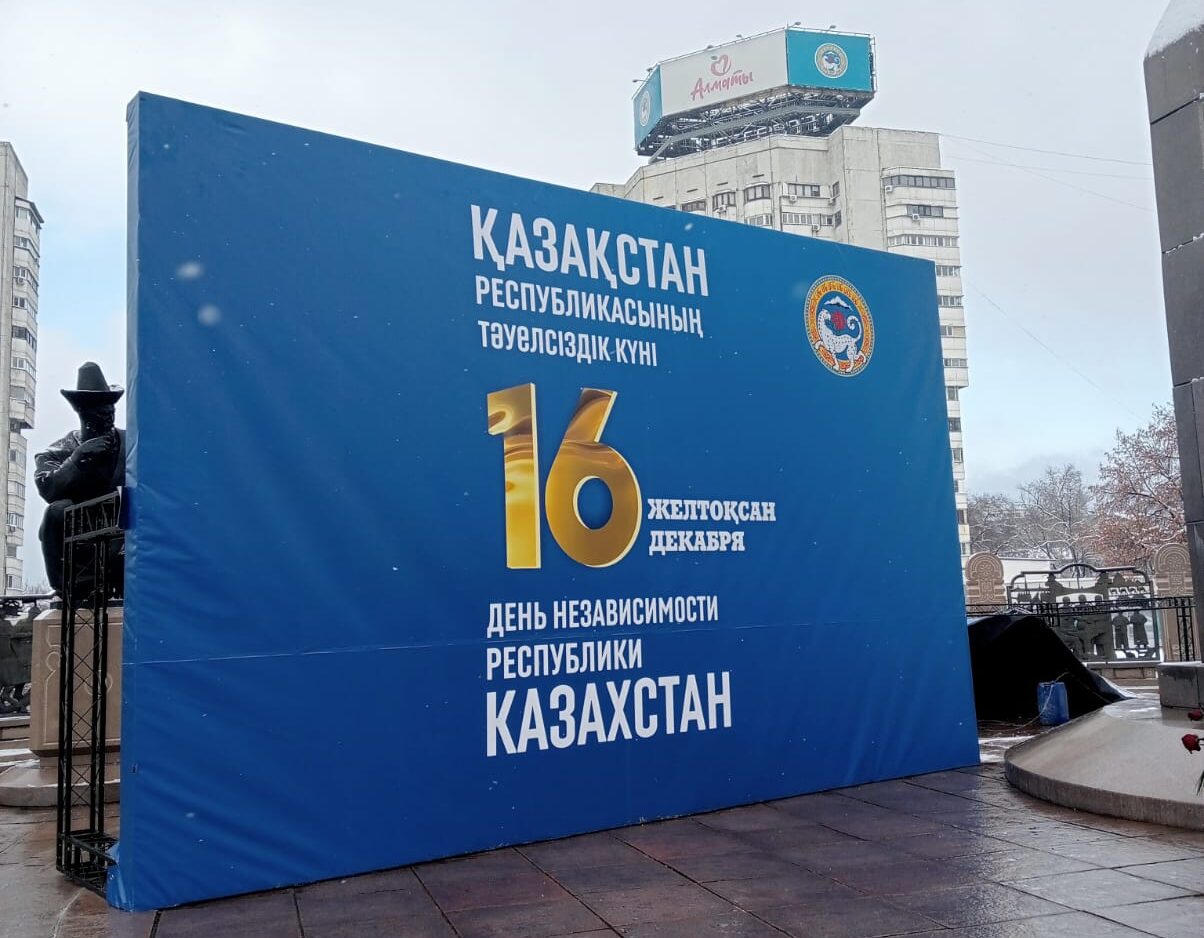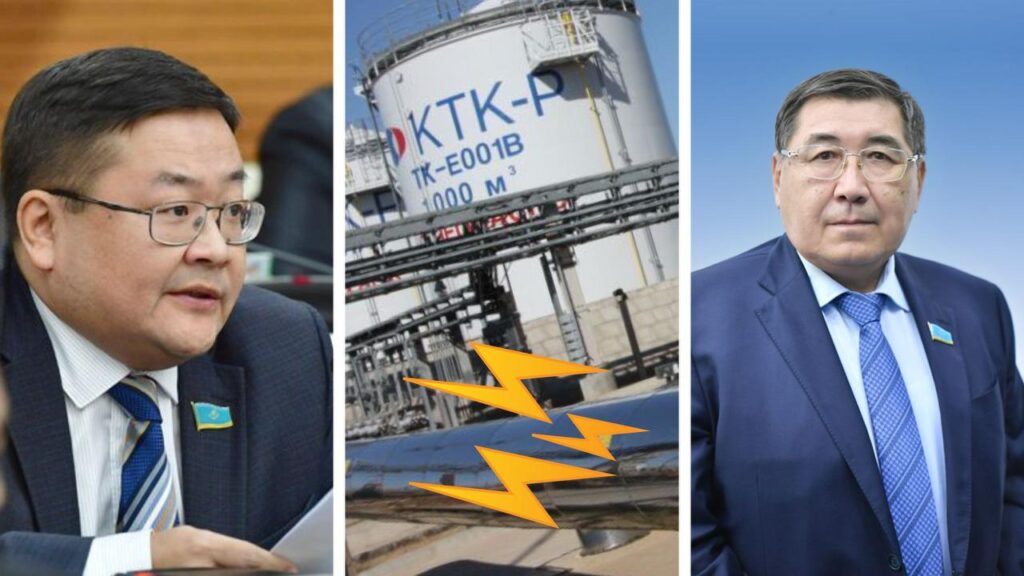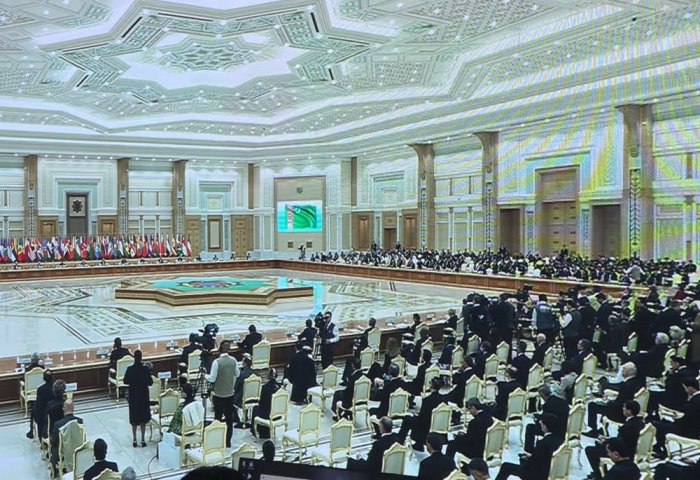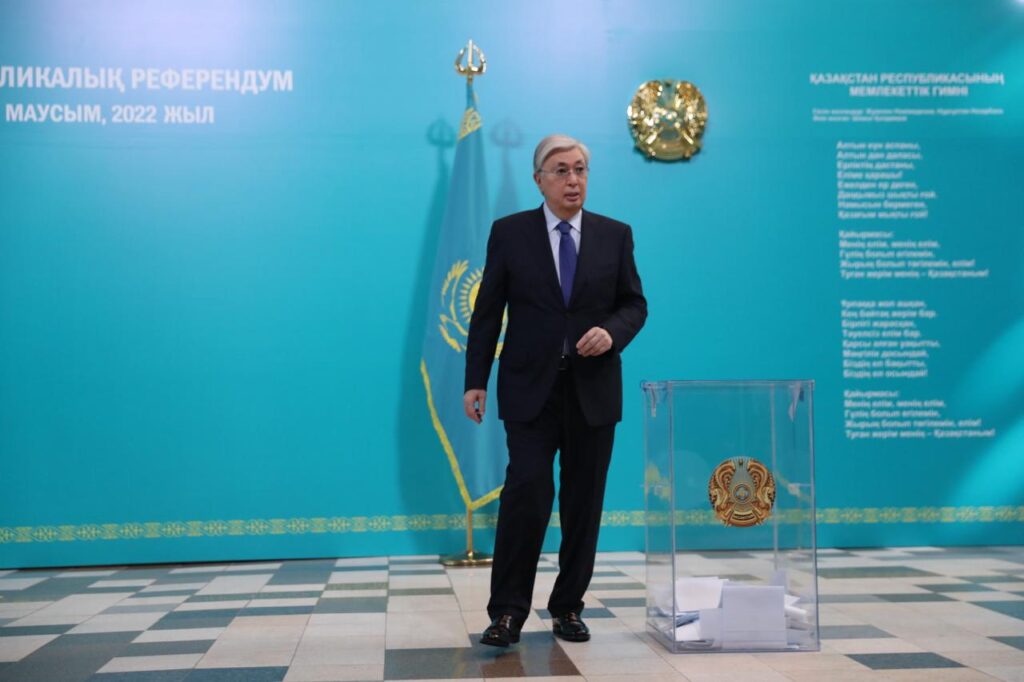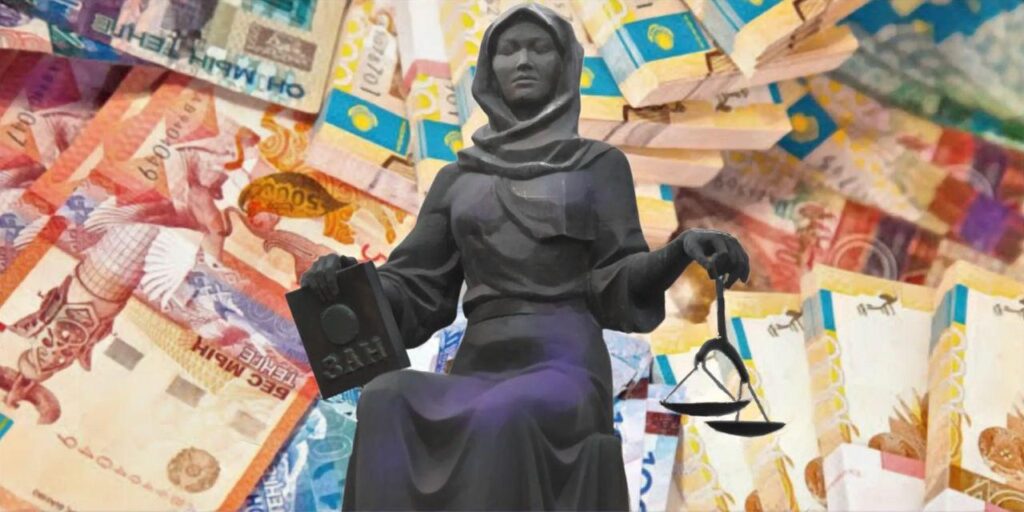On December 16, Kazakhstan marks Independence Day, commemorating the adoption of the Law on Independence and State Sovereignty of the Republic of Kazakhstan in 1991. Until 2022, the country observed this holiday over two days – December 16 and 17 – but recent legislative changes have reduced the celebration to a single day.
The amendments to the Law on Holidays in the Republic of Kazakhstan, adopted in September 2022, redefined the country’s official holidays. Republic Day on October 25 regained its national holiday status, while December 1 – Day of the First President – was removed as a public holiday. Independence Day, while still classified as a state holiday, was given a more somber tone, with official emphasis placed on honoring the sacrifices that paved the way to sovereignty.
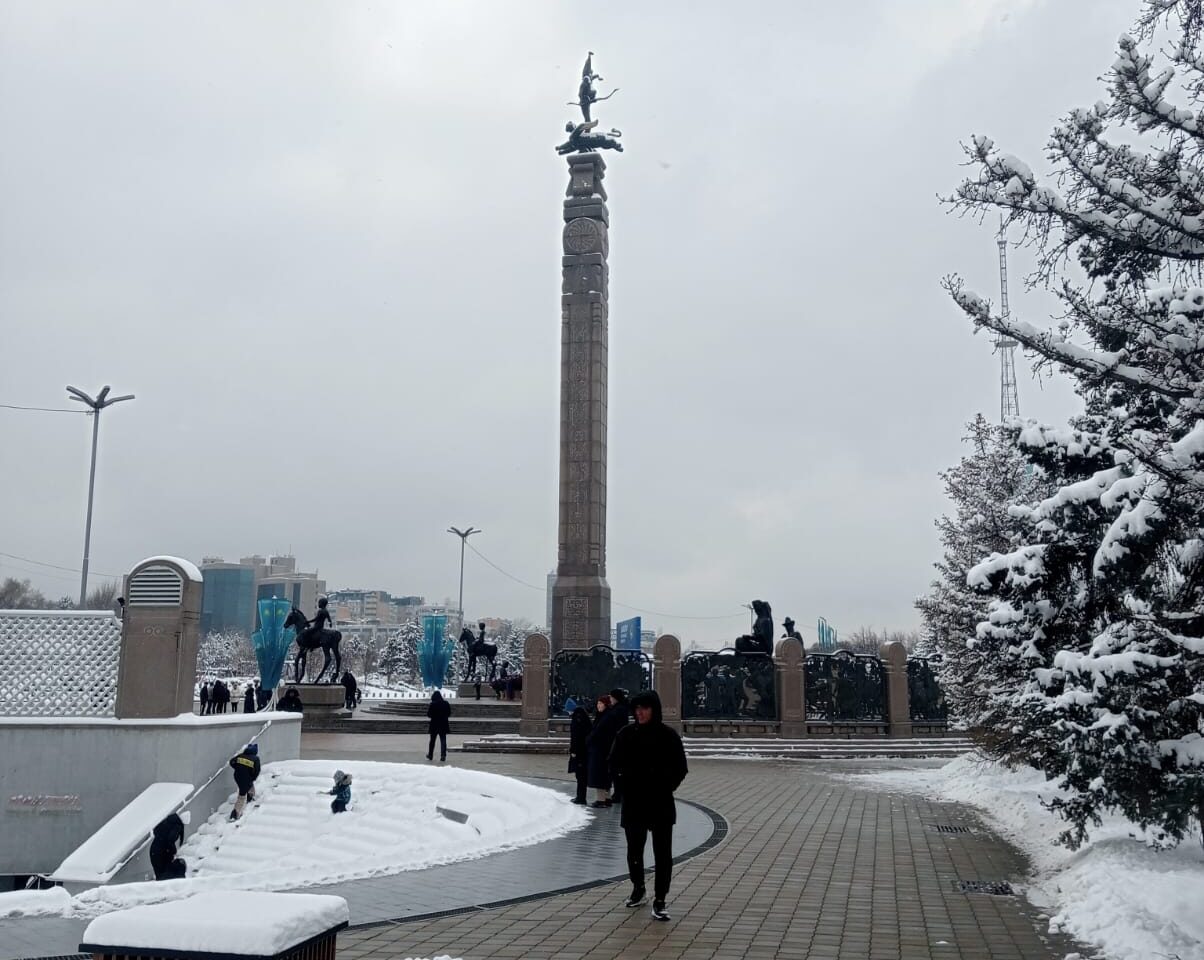
@TCA, Askar Kubaizhanov
Independence monument
From Republic Day to Independence Day
The roots of Republic Day lie in Kazakhstan’s Declaration of State Sovereignty, adopted on October 25, 1990, as the Soviet Union was nearing its collapse. The declaration symbolized Kazakhstan’s first step toward independence. However, following the country’s full independence in 1991, December 16 became the primary national holiday. Republic Day lost its significance in 2009 but was reinstated as a national holiday in 2022.
President Kassym-Jomart Tokayev, in his proposal to restore Republic Day, emphasized its role as the foundation of Kazakhstan’s independence journey. He suggested that Independence Day, while significant, should serve as a time for mourning and remembrance to honor those who contributed to the country’s sovereignty.
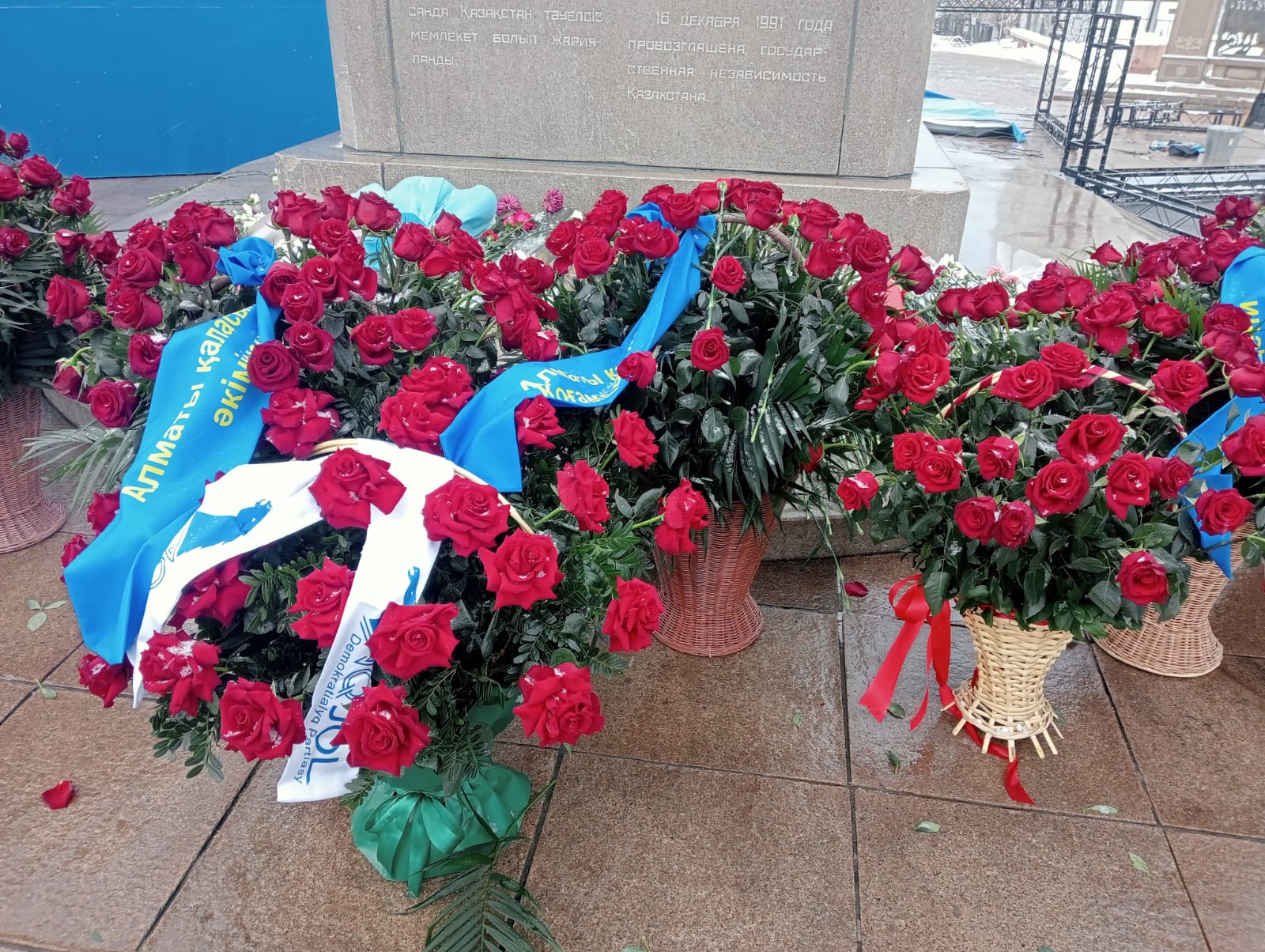
@TCA, Askar Kubaizhanov
The Legacy of December 1986: Zheltoksan Protests
December 16 carries weighty historical significance for Kazakhstan. On this day in 1986, protests erupted in Alma-Ata (now Almaty) after Moscow appointed Gennady Kolbin – a Soviet official with no prior ties to Kazakhstan – as head of the Kazakh SSR. Young Kazakh protesters demanded the application of the Korenization principle, which advocated for local leadership in Soviet republics.
The protests, often viewed as a precursor to Kazakhstan’s independence movement, were violently suppressed by Soviet authorities. The operation reportedly codenamed “Blizzard,” was designed to provoke unrest and then crush it through bloodshed. Controversially, Nursultan Nazarbayev, who would later become Kazakhstan’s first president, was aligned with Soviet power at the time. In his memoir “Without Right and Left, “Nazarbayev claimed he led one of the protest columns during the demonstrations.
For many Kazakh citizens, particularly those who participated in or were affected by the events, December 16-17 remain days of mourning. Almaty’s Peace Street was renamed Zheltoksan Street to honor the memory of the victims.
December 2011: The Zhanaozen Tragedy
The somber tone surrounding Independence Day was reinforced by the events of December 16, 2011, in Zhanaozen. For months prior, oil workers in the Mangystau region had been on strike, demanding better wages. The protests escalated when workers occupied the city’s central square. On Independence Day, clashes broke out between protesters and local officials during holiday celebrations.
The situation turned violent when a group of men, reportedly posing as oil workers, attacked police officers, burned a Christmas tree set up for the festivities, and destroyed equipment. Chaos followed, with bank branches and government buildings – including the Akimat (local administration) – set ablaze. Civil servants were forced to escape through windows, and protesters attempted to seize the local police station.
The government’s response was swift and brutal. Officially, 15 deaths were reported, but many believe the true toll was higher. Since the Zhanaozen tragedy, December 16 has become a day marked by heightened security, with increased police presence in city centers and student movements restricted.
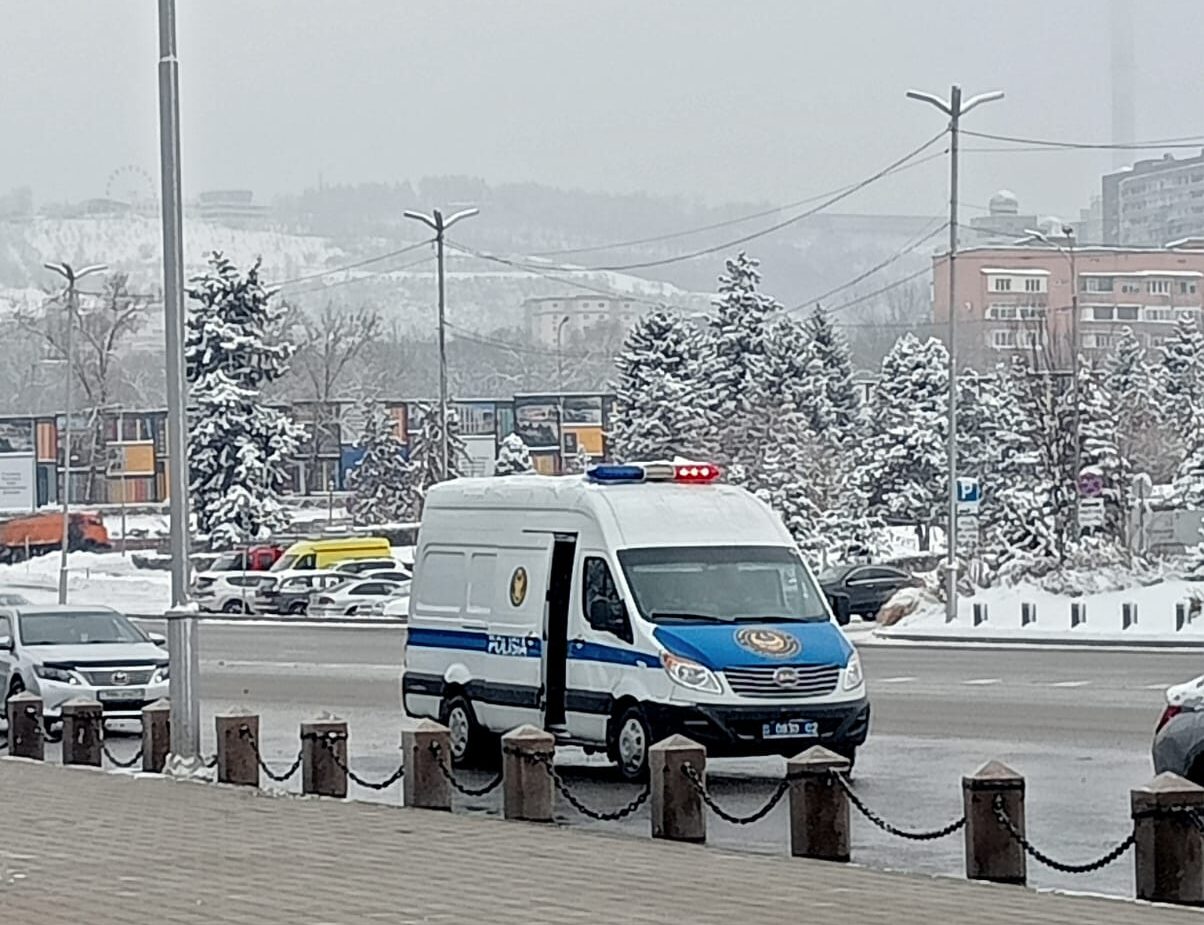
@TCA, Askar Kubaizhanov
Shifting Perceptions and Political Realities
The government’s decision to scale back Independence Day celebrations reflects a deliberate attempt to reduce tensions and avoid potential unrest. For over a decade, students in cities like Almaty have been advised to stay indoors on December 16. At the same time, the authorities remain vigilant against potential provocations. This year, Kazakhstan’s Center for Analysis and Investigation of Cyberattacks reported an increase in fake calls for rallies, noting that many originated from foreign IP addresses.
Critics argue that political figures living abroad, such as Mukhtar Ablyazov, continue to exploit Independence Day for their agendas, seeking to replicate the unrest of 2011.
A Day of Reflection
While Independence Day remains a significant date in Kazakhstan’s history, its tone has shifted over the years. For many, it is no longer a festive occasion but a day of remembrance for the sacrifices of 1986 and the tragedy of 2011. Few citizens participate in public commemorations beyond laying flowers at monuments. Instead, most prefer to stay at home or leave for the countryside, avoiding the heavy police presence that defines the day in major cities.
